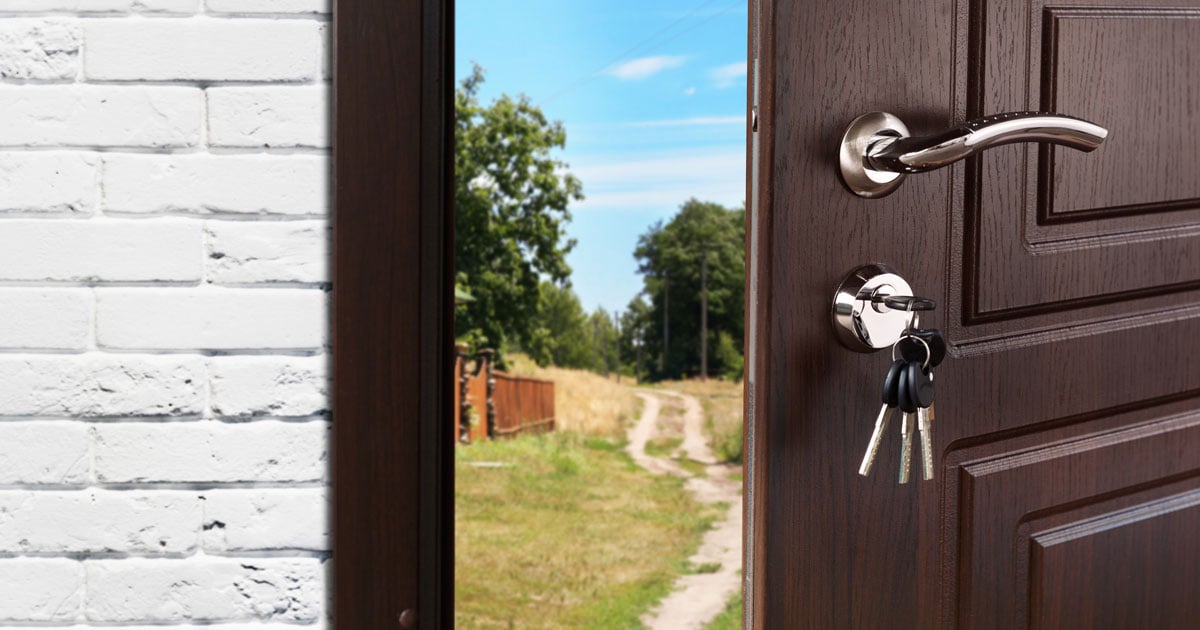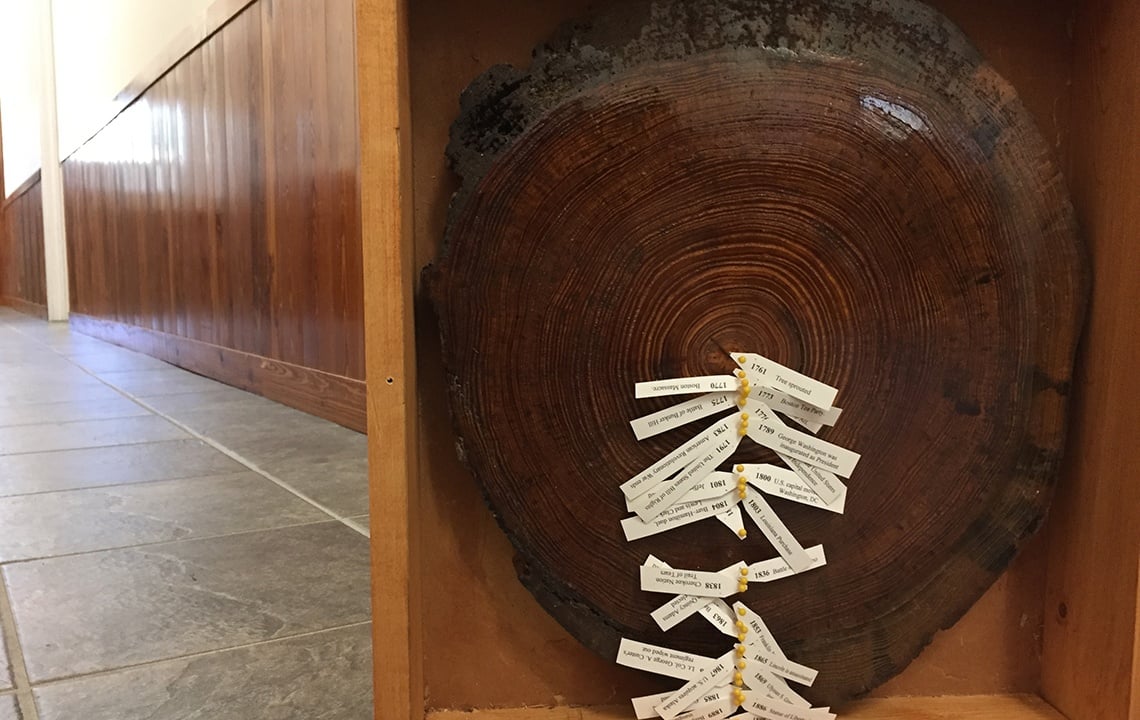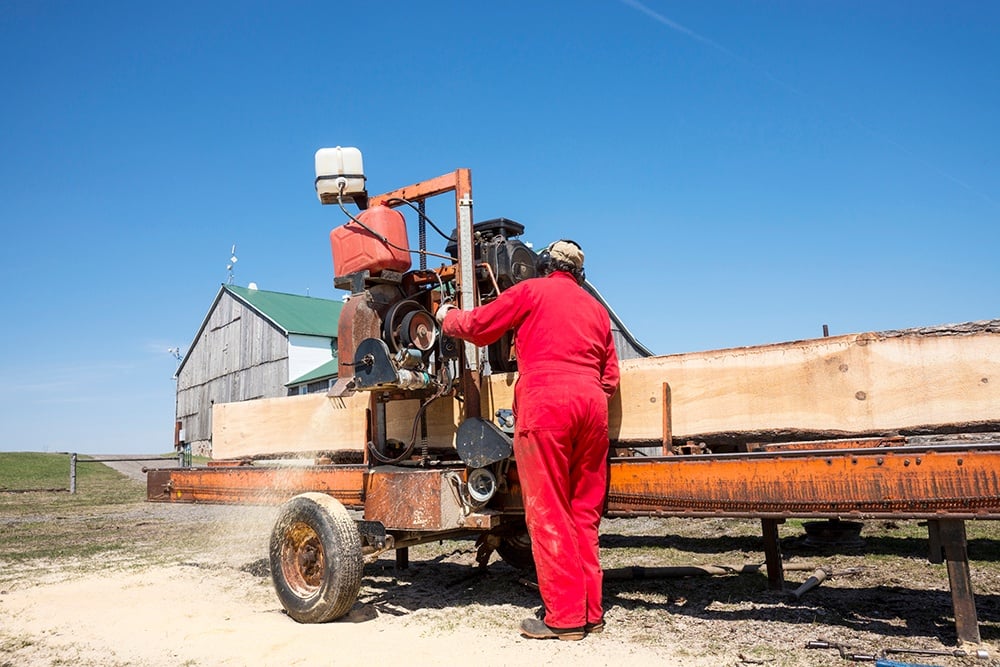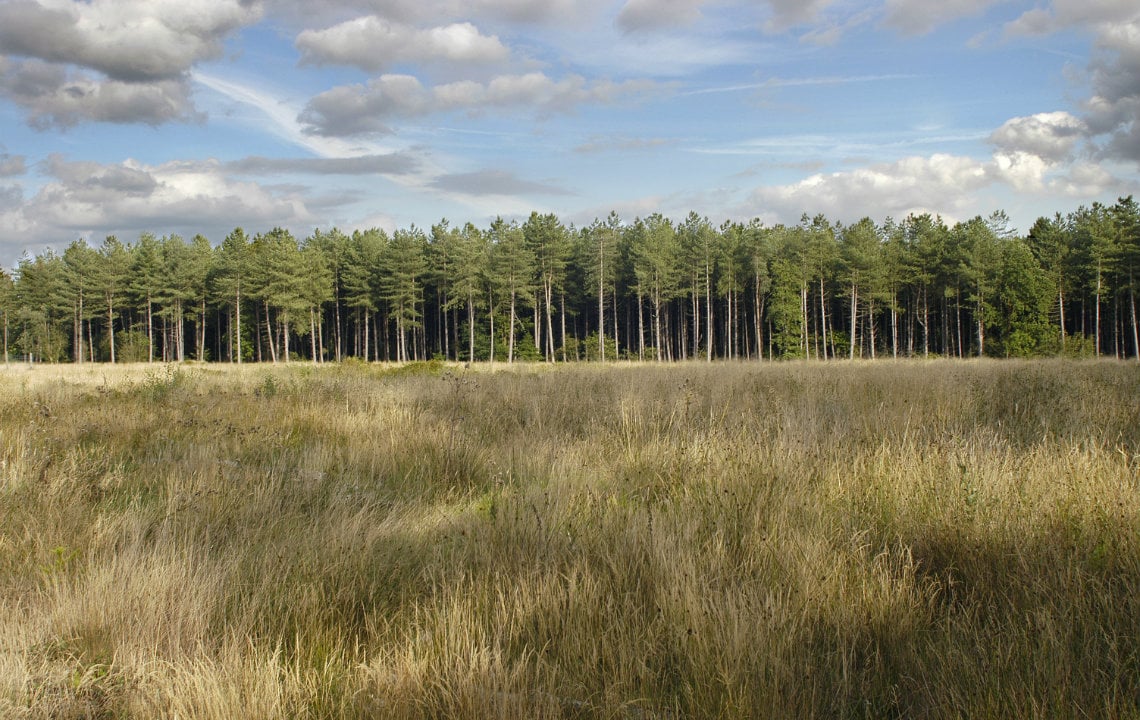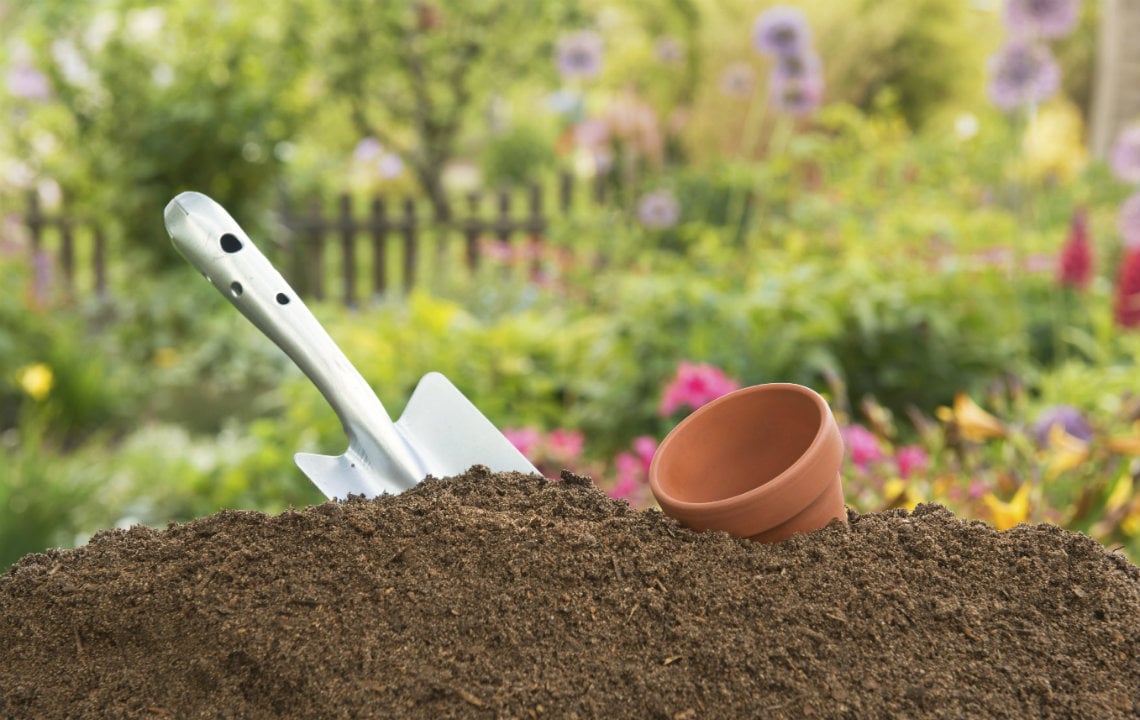Six ways moving to the country will save you serious cash.
 Anyone who lives or wants to reside in the country knows there are clear-cut benefits to rural living. The beauty of nature’s flora and fauna is usually at the top of the list for those who choose country splendor.
Anyone who lives or wants to reside in the country knows there are clear-cut benefits to rural living. The beauty of nature’s flora and fauna is usually at the top of the list for those who choose country splendor.
But rural living also is also one of the most cost-effective and safest investments a homeowner can make. Consider the hidden benefits, less obvious than the gorgeous creek or fall foliage in your backyard.
Here are six ways going rural will save you money:
1) Now HOA/CDD Fees
Rural homeowners usually pay no Homeowner Association or Community Development District fees unlike most of their city counterparts. The U.S. Census Bureau reports the average annual dues for a homeowners association is $396.
2) Lower Taxes
Taxes are often lower in rural or incorporated areas. Sure, there are amenities available to city taxpayers that living in the country precludes—salaried fire department and emergency services, for instance. But the tax difference to pay for such benefits can be enormous. In some cases, city dwellers pay twice as much in taxes as country residents.
3) Storage Fee Elimination
Rural homeowners usually have plenty of property to accommodate items that need storage, so that eliminates the need to pay a fee for a storage facility use that one might need for boats, ATVs, and other items. The average national storage unit costs for a 20x20-foot unit can run $225 per month. Monthly dry storage for boats also can run hundreds of dollars higher.

4) Money-Making Space
Rural property generally provides enough space to provide places for moneymaking hobbies, too, such as beekeeping, woodworking, and more. Choosing this as supplemental income adds up. For instance, one conservative estimate for beekeeping profits is $500 per hive. See AmericanBeeJournal.com and other bee-related sources for more information.
5) Spending Less in the Grocery Store
Those who live the rural life often take measures to live sustainably as well, frequently producing their own food from gardens or by raising livestock. Providing some of your own sustenance can help with budgeting household expenses. A modest-size garden of 120 square feet, for instance, can save you around $300 annually in grocery bills. Raising livestock for meat may be cost-effective as well, but that often depends on feed costs at any given time.
6) Government Assistance
Those who are living or are planning on living in the country can find financial incentives in government programs, including, for instance, the USDA’s housing assistance, rural development loans, and beginning farmer funding. In all, the USDA Office of Rural Development operates more than 50 financial assistance programs for a variety of rural situations. For more detail, see rd.usda.gov/programs-services. Working with farm credit institutions when you purchase land can also result in savings. For example, in our interview with Farm Credit of Florida's chief lending officer, we learned their customers are exempt from certain real estate taxes.
In short, rural living is rewarding for both heart-stirring and financial reasons.










